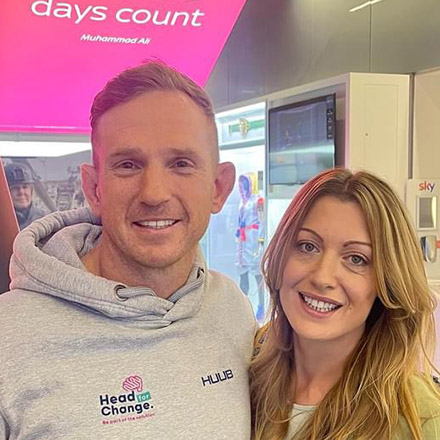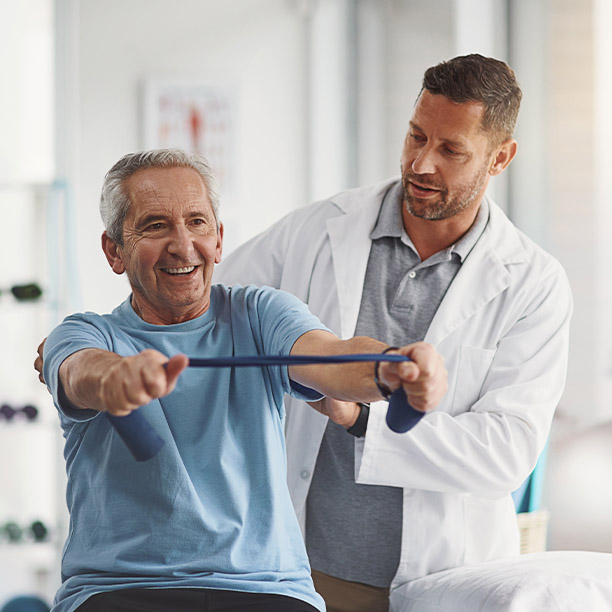
Our Trustees
They have first-hand experience of caring for a family member who has received a diagnosis of early onset dementia and / or probable Chronic Traumatic Encephalopathy (CTE) due to their sporting career in rugby or football.
As a former player or as a family member caring for a loved one with a diagnosis of brain injury as a result of the sport they played, you can often feel isolated with an overwhelming absence of people to talk to.
Our Trustees also reflect that while a diagnosis is certainly life-altering for a family, it is not the end of family life.
Creating a safe space for those who really need it is one of our goals, and we want to ensure that if you find yourself in the same position as our Trustees, you have the support you need.
We are proud of the care and support we offer to those that need it in a number of ways.
What other resources are available?
Local support is very valuable and this differs from place to place, but the following websites and organisations can help you understand what local provision is available for carers:-
- Hub of Hope
- Samaritans or Call: 116 124 /
- MIND
- Calm
- Carers Trust – postcode map for local services
- Carers UK have an online forum – where users share advice and support each other – this can be helpful if you have specific queries as it’s likely other people have experience of the same issues.
- Admiral Nurse Dementia Helpline – and if you wish to be put in direct contact with an Admiral Nurse who partners with Head for Change, please send an email to: hello@headforchange.org.uk
- The NHS website has lots of practical details about the support you can access as a carer; don’t forget to register as a carer in order to access services.
- Memory clinics (or memory services) are multi-disciplinary services run by the NHS or private providers which are often used to diagnose dementia, but can also be useful for providing additional support and signposting to other services.
- Call: 111 to get directed to he best place to get help.
- If you or your loved one has a brain injury which has not resulted in a form of dementia but in another neurodegenerative disease, you may find the information and resources on Headway’s HealthUnlocked Community useful.
